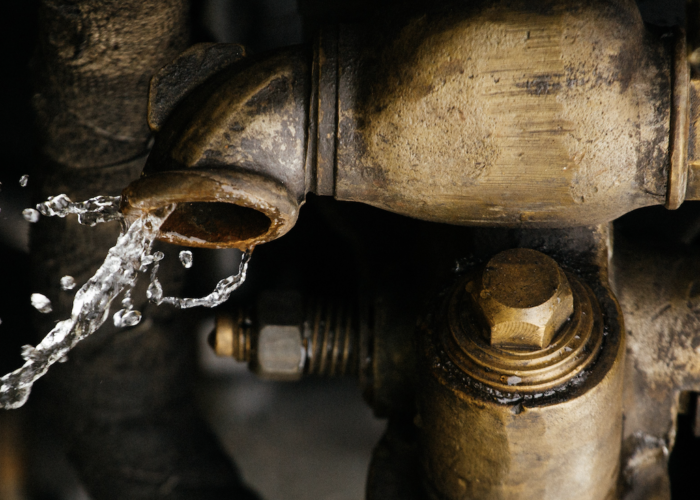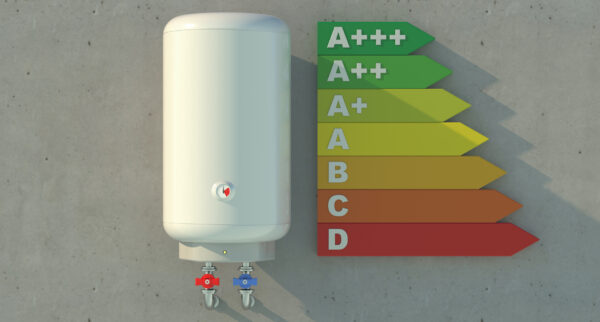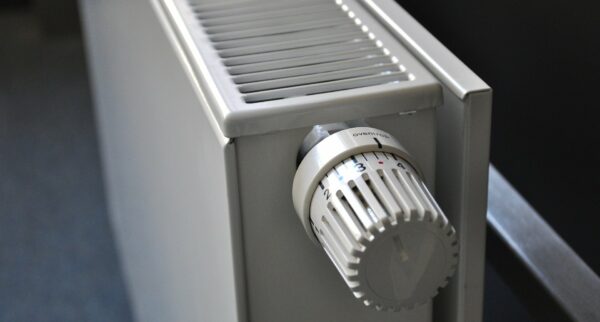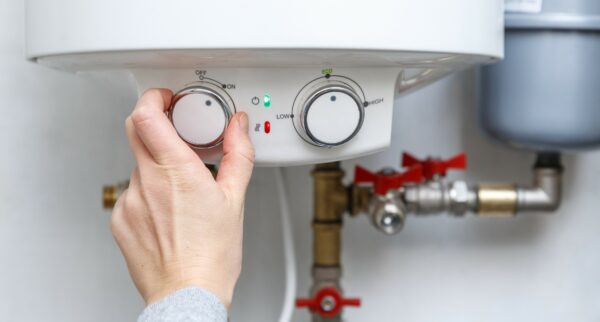Call us today 0207 32 32 999
My boiler is leaking and I don’t know what to do…A leaking boiler can be a real cause for concern, particularly if it occurs during the winter when a working boiler is essential. While boiler leaks can be caused by a number of different factors, they will always require immediate attention. If left unchecked, a leaking boiler can have some very damaging, and potentially dangerous knock-on effects.
If you’ve found yourself faced with a leaking boiler and you’re not sure what to do first, there are several things that you can check yourself. Take a look at some of the common causes of leaks in boilers and you may be able to troubleshoot the problem without expert help. However, if any of these easy fixes doesn’t remedy the issue, you’re best advised to call in the professionals.
Here are just a few reasons why your boiler might be leaking, and suggestions on how you can solve the problem.
Table of Contents
ToggleThe wrong pressure
Boilers perform best when they’re working at optimum pressure. Most boilers will have a range of pressures that are suitable, but if the pressure strays too high or too low you can quickly run into problems. Leaks can be caused by boilers operating at too high a pressure, and this is something that’s easy to spot yourself.
Take a look at the dial which you’ll usually find on the front of your boiler. This colour-coded pressure gauge should clearly show the correct pressure in green, and pressure that’s too high or too low in red. If the gauge is showing that your boiler pressure is too high, this could be the cause of your leak.
There are a few things that you can try to correct the pressure yourself, before you need to call in an engineer. First, check that the filling loop tap is closed. This is a black tap which you should be able to turn to check it’s shut. Twist it anticlockwise if you’re not sure; when you do so you’ll be able to see the pressure change in the boiler.
Make sure that your heating system doesn’t require bleeding. Systems should be bled regularly – we suggest doing this annually at the very least. Use a radiator key to open each radiator’s vent valve, and catch any water that comes out in a bowl underneath. Once all radiators in your property have been bled, return to the boiler to see if the pressure has corrected itself and the leak has stopped.
Corrosion in your pipes
Corrosion is a common problem in older heating systems, and it can quickly cause damaging leaks. The copper inside pipes is prone to corrosion; this can happen anywhere within your boiler or heating system. If you suspect corrosion could be causing a leak, take action immediately. A small corrosion-related leak can swiftly get worse, and has the potential to cause a huge flood if left to its own devices.
Don’t be alarmed if corrosion is the cause, though. While you’re unlikely to be able to fix the issue yourself, an engineer may well be able to repair corroded pipes and get your boiler working again. However, if the corrosion has become too advanced, you might be advised to purchase a new boiler.
Damage to seals in your boiler pump
The seals you’ll find inside a boiler are absolutely vital in ensuring it keeps going all winter long. If a seal becomes hardened, or starts to break down, the boiler will usually let you know by leaking!
Leaks caused by damaged seals usually affect older boiler systems, as this is a problem caused by wear and tear over time. However, if the pressure of a boiler is too high and the situation isn’t fixed, this can also start to damage seals and cause leaks.
Call in an engineer if you believe that your boiler’s seals have become eroded. Your engineer will be able to check the seals and replace any that need fixing.
A leaking overflow pipe
If the boiler overflow pipe is your problem, you’ll be able to see it straight away. Leaks from beneath the boiler are likely to relate to overflow pipe issues, and there’s an easy way to check if this is the case. Simply take a look at the pipes underneath your boiler. If they’re leaking, you will be able to feel water on the pipes, or even see droplets coming out.
There are several reasons why your boiler overflow pipe might be leaking. If your boiler is quite old and has always worked well until this point, then it’s likely that the pipes have become corroded, causing a small hole somewhere in the pipework. If a boiler is brand new, it’s more likely that the installation hasn’t been done correctly and a gap has been left somewhere.
It’s worth calling in a gas-safe engineer to look at the overflow pipe, as this isn’t a problem we’d advise attempting to fix yourself. Ask a professional if the boiler overflow pipe can be repaired, or if the installation can be redone to stop the leak.
Problems with the heat exchanger
The heat exchanger is a crucial part of your boiler, and it’s also one of the most expensive to fix. Unfortunately, if it fails this could also be the cause of your leak. This isn’t an issue you’ll be able to diagnose yourself unless you have the right experience. It’ll usually be a job for the professionals.
If your engineer finds that your leaking boiler has been caused by a failure in the heat exchanger, you’ll probably need to replace the entire boiler. Heat exchangers can be replaced, but it’s quite often cheaper to simply purchase a new boiler instead.
—
Service your boiler regularly to ensure you’re aware of any small leaks before they turn into much bigger, more expensive problems. Boilers can leak for a number of reasons, ranging from small issues that can be fixed quickly, to far more complex and potentially expensive problems.
If your boiler is leaking, your first step is to check its pressure. Look out for signs of corrosion, and see if you can spot leaks in the overflow pipe. If the problem isn’t immediately obvious, call in a gas-safe engineer to diagnose the issue and suggest the best course of action.





